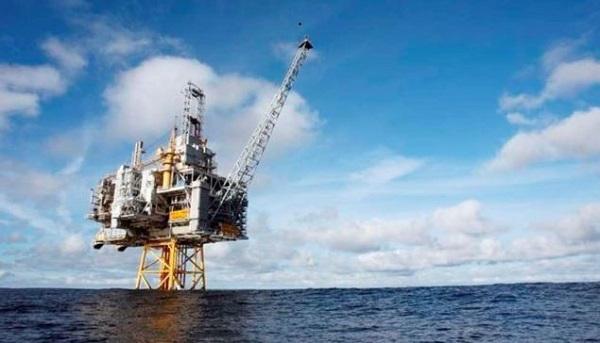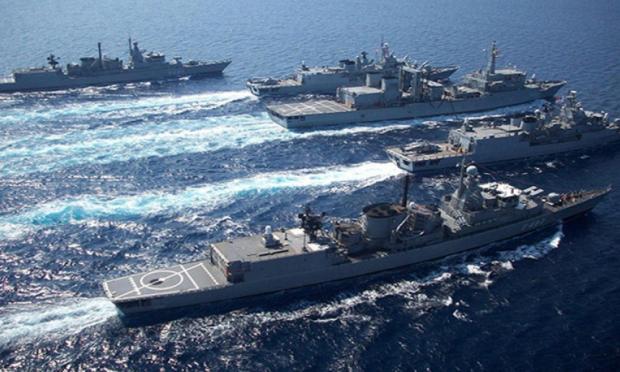Concerns about threats to Europe's maritime infrastructure have been heightened since September's attacks on the Nord Stream pipelines. It is an issue that concerns our country as well, as our deposits will require constant guarding and monitoring, with the result that the Navy will shoulder yet another task.
But that may not be the case, as the EU has updated its maritime security strategy, outlining plans to hold an annual naval exercise from 2024 and coordinate member states' national efforts to protect natural gas pipelines, submarine data cables, offshore wind farms and other critical marine infrastructure.
The European Union is not, a military alliance like NATO, conceived as such from its creation, but rather an alliance with a defense project, embodied by its Security and Defense and Common Policy. It also conducts military operations such as EUFOR Althea in Bosnia and Herzegovina, peacekeeping in the Mediterranean as well as aid missions for the benefit of third countries.
In addition, the EU is also committed to promoting operational and industrial cooperation between its member countries, in particular through the European Defense Fund (EDF) and projects carried out under the Permanent Structured Cooperation.

That said, since the start of the war in Ukraine, the European Commission has been increasingly involved in defense-related issues, for example by pushing member states to pool their ammunition purchases, through the European Defense Agency.
Be that as it may, the Commission is now concerned with the protection of critical maritime infrastructure, in the framework of the Maritime Security Strategy (SSMUE) it published in 2014 and which it has just amended to take into account the emergence of "new threats".
Safety at sea is essential for the European Union and its member states. The EU economy is highly dependent on safe seas and safe oceans. More than 80% of the world's trade takes place by sea, and about two-thirds of the world's oil and natural gas is either extracted at sea or transported by sea. Up to 99% of the world's data flows are transmitted by undersea cables.
“To unlock the full potential of the oceans and the sustainable blue economy, the global marine sector must be secure. The EU intends to strengthen the wide range of instruments at its disposal to promote maritime security, both politically and militarily," the Commission explained on the occasion of its SSMUE briefing, published on 10 March.
These new and "evolving" threats are linked in particular to growing geopolitical competition, climate change and the degradation of the marine environment, as well as hybrid and cyber-attacks.
“In terms of hybrid attacks, these include hostile actions against natural gas pipelines and cables and the presence of unauthorized unmanned vehicles around offshore installations in European sea basins. Malicious actors are increasingly likely to use hybrid and cybernetic means to target maritime infrastructure,” reports a foreign media outlet.

This updated maritime security strategy (SSMUE) means for our country more means and "tools" to guard and supervise the fields as it revolves around six objectives, including the intensification of activities at sea, through the conduct of naval exercises at the level EU, the development of coast guard operations in the basins of European maritime authorities, the implementation of the concept of coordination in maritime presences and the strengthening of port inspections in the EU.
There is also talk of deepening cooperation with some partners, starting with NATO, for "leadership in maritime situational assessment", building capacity by defining common requirements for "defense technologies" and some programmes, such as the European corvette (EPC) as well as improving anti-submarine warfare means. Finally, a final point relates to training in hybrid security and cyber security.
The joint maritime exercises referred to in this updated SSMUE will take place "as part of the intensification of efforts to protect vital infrastructure at sea", explained Virginijus Sinkevicius, the European Commissioner for the Environment.



